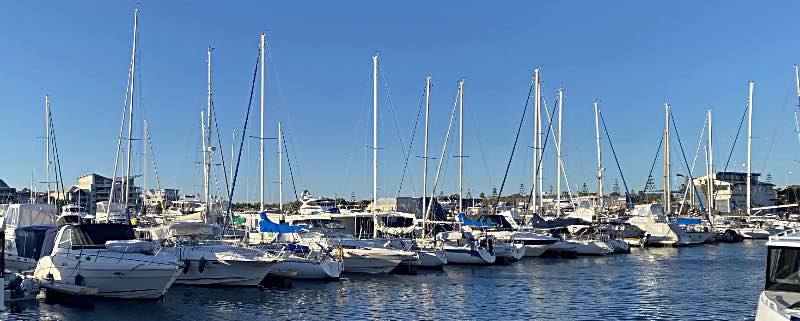I typed "equality" into ChatGPT and got the following response:
"Equality refers to the state of being equal, especially in status, rights, and opportunities. It is a fundamental principle in many societies and legal systems, emphasizing that all individuals should have the same access to resources and opportunities, and should not be discriminated against based on characteristics such as race, gender, age, disability, religion, or socioeconomic status. Here are some key aspects of equality:
- Legal Equality: This ensures that all individuals are subject to the same laws of justice and have equal protection under the law.
- Social Equality: This aims for equal access to social goods and services, such as education, healthcare, and employment.
- Economic Equality: This seeks to reduce income and wealth disparities to ensure that everyone has a fair chance to succeed economically.
- Political Equality: This ensures that all individuals have the same rights to participate in political processes, such as voting and running for office.
Promoting equality often involves addressing systemic inequalities and implementing policies to create a more just and fair society."
| |

| Image credit, Wikipedia and Credit Suisse, 2021
| |
The graph on the right was extracted from the Wikipedia
article on Economic inequality on 2024/08/18. Importantly, in relation to the points I'm trying to make with this page, the article states:
"Research has generally linked economic inequality to political and social instability, including revolution, democratic breakdown and civil conflict. Research suggests that greater inequality hinders economic growth and macroeconomic stability, and that land and human capital inequality reduce growth more than inequality of income."
From the graph, the wealthiest 1% of the world's people control 46% of the wealth, and the poorest 55% of the world's people have only 1% of the world's wealth.
| |
Expensive boats, Dolphin Quay, Mandurah
|
|---|

| Most of the boats in this photo would cost the owners well over $100,000, not a few would sell for over a million dollars. I've written more on this in a piece on conspicuous consumption. | |
As illustrated very well by the graphic above, there is great inequality in the modern world. Governments of democratic nations, as representatives of the people, should work to reduce inequality. One of the
responsibilities of governments and politicians is to help the disadvantaged among their constituents to obtain equality.
In Australia, as I suspect in many countries, governments are making very little effort to reduce financial inequality.
If the wealthy are using their power and wealth to obtain ever more wealth and power and governments are not correcting this it would seem that the only way justice for the great majority can ever be obtained would be by revolution. That revolution could be peaceful or it could be violent.
Income inequality
An
article in Wikipedia records that:
"... an April 2013 study by Bloomberg finds that large public company CEOs were paid an average of 204 times the compensation of rank-and-file workers in their industries. By comparison, it is estimated that the average CEO was paid about 20 times the typical worker’s pay in the 1950s..."
Surely no employee is worth 200 times as much as the lower-level employees. We do not have to look very far to find that company CEOs are capable of enormous blunders, blunders that cost those companies, and the companies' share-holders dearly.
Wealth inequality
| |
'Canal homes', Mandurah
|
|---|

| Some people can easily afford the several million dollars that homes like these would cost. A great many more people can't raise the money to buy even a simple, cheap house.
| |
On 2024/08/02 Forbes listed
Gina Rinehart as the wealthiest person in Australia with US$30.2 billion (AU$46 billion). At the same time the minimum wage in Australia was $24.10 per hour or $915.90 per week and the median wealth of Australian adults was AU$356,000, so Ms Rinehart's wealth was about 84,000 times that of the median Australian adult.
The median house price in Australia was AU$1.113 million. So if a person on the minimum wage was to manage to save 20% of that wage (which for many would be very difficult) it would take 117 years to save the money to buy a house.


